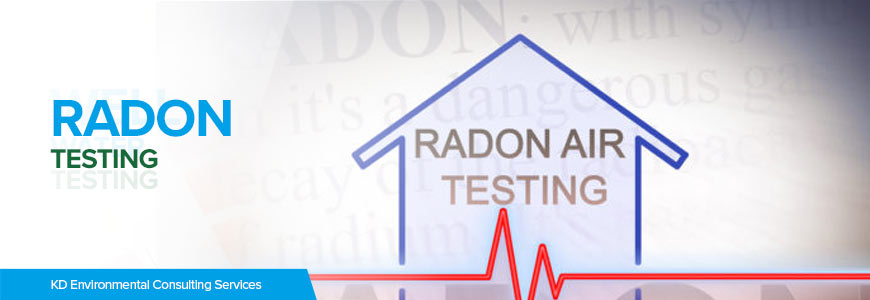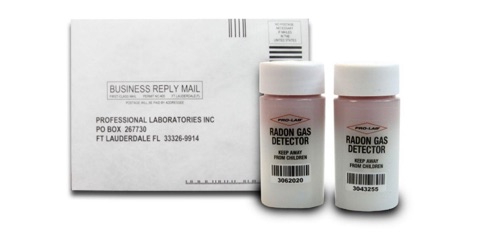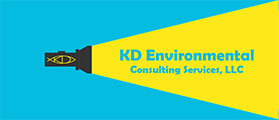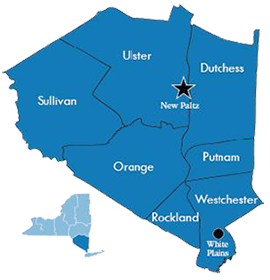- Questions? Call us now
- 845-203-3934
- Click here to contact us

Radon Testing in New York - Hudson Valley
Radon is a colorless and odorless radioactive gas that naturally emerges from the decay of uranium beneath the Earth's surface. Even though it cannot be detected by the human senses, radon can potentially pose a concern in residential or office spaces. This gas ascends from the ground and infiltrates buildings through gaps, cracks, or drainage systems in their foundations or basements. Radon contamination is prevalent throughout the United States, with statistics from the U.S. Environmental Protection Agency (EPA) indicating that approximately 1 in 15 homes in the country exhibit elevated radon levels.
Testing is the sole means to determine the radon concentration in your residence. The Environmental Protection Agency (EPA), Surgeon General, and New York State Department of Health all advocate testing for every home. In case elevated radon levels are discovered, straightforward solutions are available to alleviate the issue, including the reduction of extremely high levels to acceptable standards.

Request Your On-Site Consultation!
We offer a Professional on-site inspection and consultation.
Impact of Radon
Radon is a kind of gas. It changes into tiny bits that have radiation. When you breathe, these tiny bits can go into your lungs and stay there. As they keep changing, they give off small bursts of energy. This energy can hurt your lung tissue and cause lung cancer in your lifetime. However, not everyone who breathes in radon will get lung cancer, and it can take many years after exposure for the disease to show up.
Among people who don't smoke, radon is the main reason for lung cancer.
- In the United States, radon causes about 21,000 deaths every year.
- Everybody is exposed to radon, but some groups mentioned in books and papers are more likely to breathe in higher amounts of radon. Also, some groups are more likely to have health problems from radon exposure.
If you smoke cigarettes, your chances of getting lung cancer from radon are estimated to be 10 to 20 times higher than for people who never smoked.


